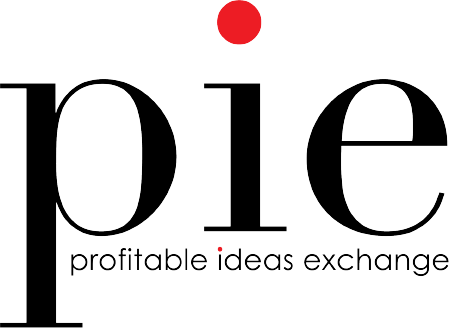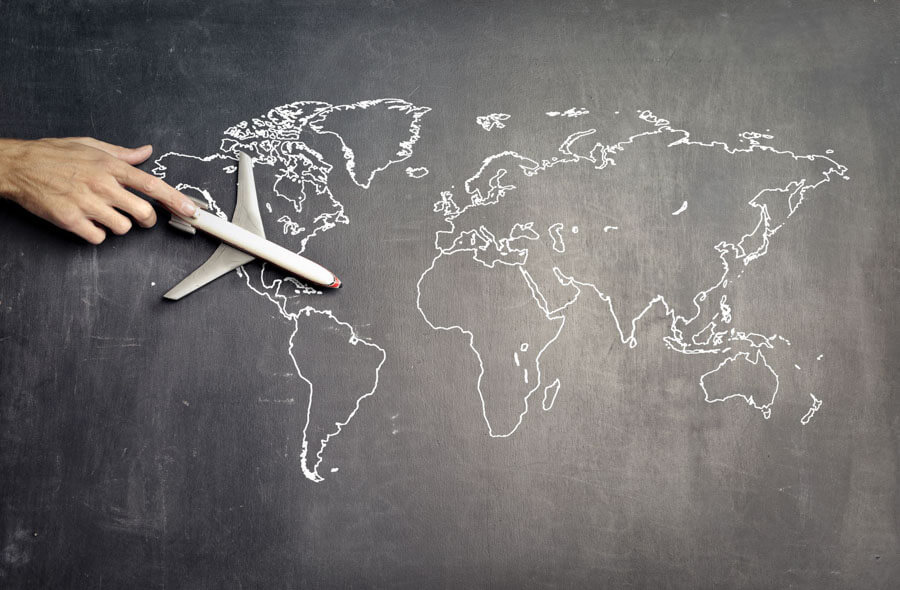Originally published in Entrepreneur
After more than a year of quarantine, don’t underestimate the pent-up demand for face-to-face contact.
The time is right for smart businesses to plan for life after quarantine. COVID-19 vaccination rates are up, infection rates are down, and states are launching more plans to re-open the economy.
While it’s liberating to consider the first steps after lockdown — hugging loved ones, traveling to see family and friends, hosting a happy hour — it’s important to realize that business will face some tough choices.
I’m focused on the fate of business travel. Before the virus, tens of thousands of businesspeople would never think twice about getting on a plane to meet a prospective customer. It was an expected part of the job. You flew, you entertained clients over cocktails and dinner, you closed the deal.
COVID-19 stopped all of that. No flying — just Zooming. We learned to connect with customers without ever leaving the home and replaced pre-flight packing with time spent tidying the square behind our camera to look presentable and professional.
Before the virus, who would have even considered a wine tasting with prospective clients via computer? For better or worse, the pandemic forced many businesspeople to learn new skills.
At some companies, travel budgets were slashed to reflect the new reality of working from home. At many others, however, that money was moved from field operations to central marketing, where the investment was shifted into general brand awareness. As Dave Lubowe, a Managing Director at Ernst & Young, recently told me the company spent money in new ways this year, including running a 25-episode digital content series focused on helping companies through the pandemic.
Meeting in-person is still important
But with the corner being turned on COVID-19, companies should prepare to reclaim much of that old travel budget and plan to embark on a wave of reconnecting trips.
While it’s true that video meetings are an efficient and inexpensive way to stay in touch with clients (and working from home can be incredibly productive), nothing can replace the feel and effectiveness of face-to-face meetings. In Lubowe’s words, there is no substitute for showing up. He looks forward to getting back to in-person meetings in some form in the near term.
After more than a year of quarantine, it’s hard to underestimate the pent-up demand for in-person contact. Businesses must be prepared for when customers and prospects are ready to start choosing humans over Zoom.
It is also important to be realistic. Business development will not be the same as it was in 2019.
Many clients will remain concerned about the safety and propriety of sales meetings. The climate and culture around COVID protections vary by company and region, so it’s important for sellers to be extremely sensitive to customer wishes. Some customers will want much more time and testing to feel comfortable emerging from quarantine.
However, I’m confident most places will embrace a new hybrid of remote and in-person contact. Nothing beats a quick video conference for cost and convenience, and Zoom should remain an important part of every seller’s toolbox.
Make sure the travel is worthwhile
For the customers and prospects who are ready to leave lockdown, businesses should greet them with open arms. Dinner, cocktails, and sports or theater tickets will once again prove a great way to personally thank clients who stuck with you during these challenging times. They are an important means to catch up and learn about coming trends and changes. Those kinds of conversations happen a lot less often on Zoom.
Yet the return to business travel should not be done indiscriminately. Businesses should put a premium on the return on investment from travel and act accordingly.
As the world emerges from virus lockdowns, it will be harder to justify trips to those big annual conferences — unless there are specific plans to meet individual clients and prospects.
Here are some questions to ask before getting on the plane: Does this conference have actual potential buyers for me? Can I build community around this trip? Will I gain significantly more by travel than by contacting the same people by phone or video? Am I traveling because it’s valuable, or am I traveling because it’s traditional?
COVID-19 has changed business-as-usual for the foreseeable future. But that does not mean everything we did in the past should go away. Most likely, at least initially, business development will take a hybrid form that relies on video conferencing but also restores in-person meetings, dinners, and entertainment.
The smart businesses will need to adapt and be ready to engage with current and potential customers in whichever way they want.

